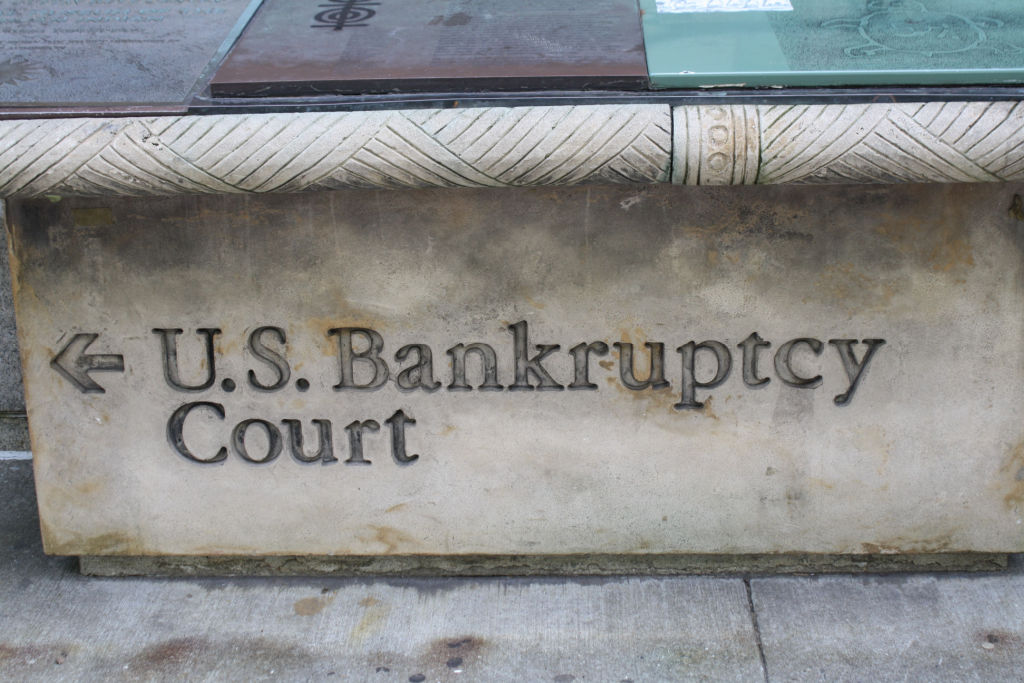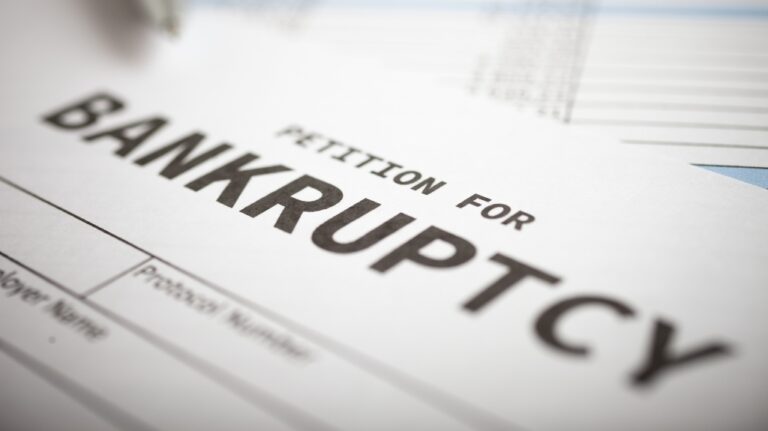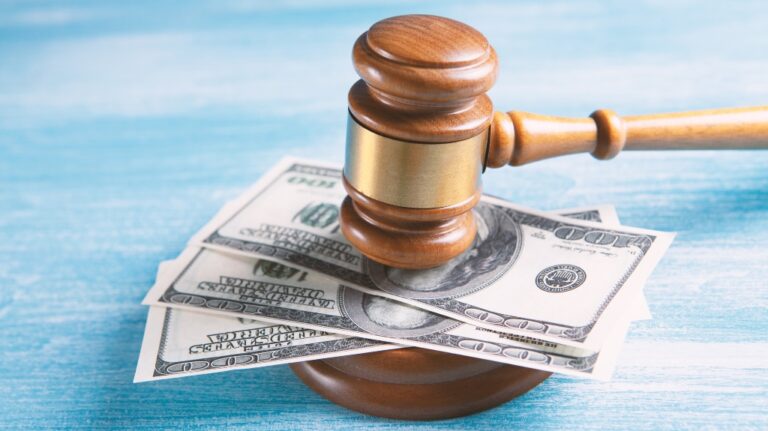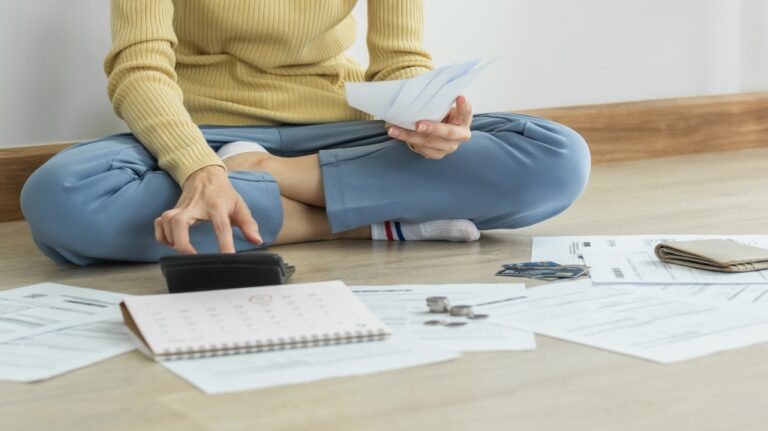If the fact that you’re struggling to pay your debts is keeping you awake at night, it might be time to consider filing for bankruptcy. Traditionally, filing for bankruptcy was associated with a stigma but it is important to understand that in the wake of the Great Recession and the global economic downturn of 2020-2021, that stigma has been all but erased from the collective conscience.
Therefore, if you are holding back from exploring your legal options because you’re concerned that filing for bankruptcy will brand you with a perception that you are irresponsible or lazy, know that most people now associate the bankruptcy process with the opportunity to receive necessary assistance in the wake of circumstances that were likely not the filer’s fault.
Personal Bankruptcy: What Are Your Options?
Most Americans who are hoping to file for bankruptcy and don’t own a small business have two primary options to choose from: Chapter 7 bankruptcy and Chapter 13 bankruptcy. Each of these opportunities affords filers the protections and benefits of the automatic stay. Each opportunity also allows filers to benefit from a discharge of their eligible debts at the conclusion of a successful case. Yet, each option also features distinct eligibility criteria, procedural issues, benefits, and drawbacks as well.
Chapter 7 Bankruptcy
Chapter 7 bankruptcy is exclusively available to low-income filers. This opportunity allows an individual – or a married couple filing jointly – to have their eligible unsecured debts discharged within a matter of months. There is no obligation to make payments on those eligible debts first, although the trustee assigned to a filer’s case is empowered to sell their non-exempt assets for the benefit of their creditors. Know though, that although Chapter 7 is often referred to as liquidation bankruptcy, only about 5% of filers ultimately have any of their assets sold by a trustee.
Chapter 13 Bankruptcy
Chapter 13 bankruptcy, also known as reorganization bankruptcy, is best suited for filers that earn a steady income. This process allows debtors to make a single, manageable monthly payment on their outstanding debts for 3-to-5 years. Once they have successfully met these obligations, any remaining eligible debt balances owed will be discharged by the court.
Connect with an Experienced Myrtle Beach Bankruptcy Lawyer for Personalized Insight
While filing for bankruptcy is not the most effective debt relief option for all circumstances, there are good reasons why so many Americans choose to avail themselves of this opportunity. To better understand whether filing for bankruptcy might be the best option for your unique situation, consider connecting with the client-focused Myrtle Beach, SC bankruptcy lawyer at Lam Law Firm.
By scheduling a risk-free legal consultation, you can better understand whether filing for Chapter 7 or Chapter 13 bankruptcy could potentially provide you with the kind of debt relief that you’re looking for. You can either submit a contact form on our website or call us at (843) 839-9995 at any time for client-focused representation and personalized assistance. We look forward to speaking with you.





